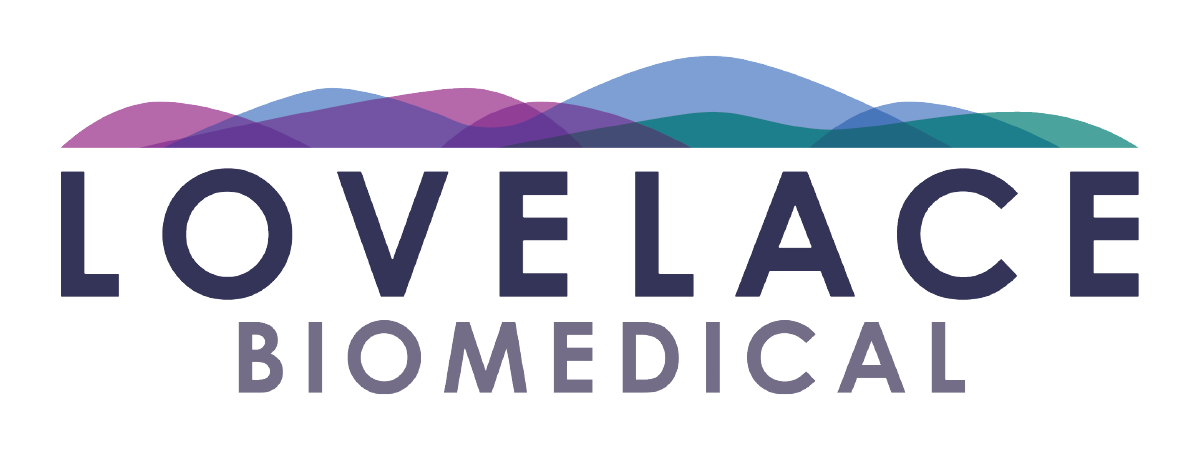The Lovelace Biomedical Research Institute Institutional Biosafety Committee
The Purpose of an Institutional Biosafety Committee (IBC)
The Lovelace Biomedical Research Institute (LBRI) Institutional Biosafety Committee (IBC) plays a critical role in ensuring the safe conduct of research involving recombinant or synthetic nucleic acid molecules. Established under the National Institutes of Health (NIH) Guidelines for Research Involving Recombinant or Synthetic Nucleic Acid Molecules, the primary function of the IBC is to provide oversight, risk assessment, and local review of biosafety practices in research settings for research conducted using recombinant or synthetic nucleic acid molecules (NIH Guidelines, Section IV-B-2)
The Lovelace Biomedical Research Institute (LBRI) Institutional Biosafety Committee (IBC) plays a critical role in ensuring the safe conduct of research involving recombinant or synthetic nucleic acid molecules. Established under the National Institutes of Health (NIH) Guidelines for Research Involving Recombinant or Synthetic Nucleic Acid Molecules, the primary function of the IBC is to provide oversight, risk assessment, and local review of biosafety practices in research settings for research conducted using recombinant or synthetic nucleic acid molecules (NIH Guidelines, Section IV-B-2).
No research project involving rDNA can be conducted unless approval has first been obtained from the IBC. The LBRI IBC meets at least once monthly to discuss rDNA research and its approved, redacted minutes can be found here. To ensure that each research project receives appropriate reviews its members represent a variety of experience and background, including:- A Biological Safety Officer
- Microbiologists with experience in virology, bacteriology, mycology and toxins
- Recombinant DNA experts
- Environmental health and safety experts
- Animal containment experts
- Subject matter experts in animal research
- Security experts
- Facility operation experts
- Unaffiliated members from the community
In summary, the IBC serves as a critical oversight body to ensure that high standards of biosafety and ethical conduct are maintained in scientific research. By enforcing the NIH Guidelines, the IBC protects not only the research community but also the broader public and environment from potential biosafety risks.

